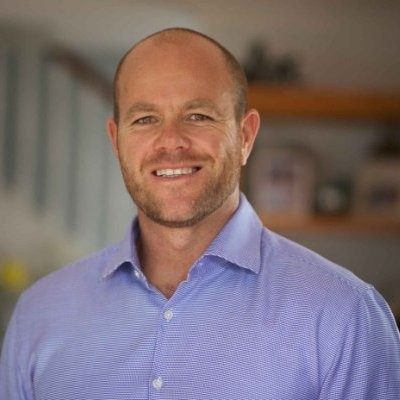
David Burroughs is a senior workplace psychologist and strategist who has been working in the area of workplace mental health both in Australia and internationally for almost 20 years.
David is currently working as Chief Mental Health Officer for Westpac where he is focussed on supporting Westpac’s strategic approach to staff and customer mental health.
1) What do you feel are the biggest challenges safety leaders are currently faced with within their business?
One of the biggest challenges is how to practically move from the entrenched medical/reactive practices that dominate workplace mental health to a more preventative and early intervention approach. At the moment the workplace mental health narrative is largely driven/owned by providers and the NFP space, rather than informed by the actual needs of workplaces themselves, leading to major omissions and limitations in the development of genuine workplace capability and the transfer of knowledge. There seems to be a new guide, resource, ‘what to do’ website being released every week – how do we move from information to action.
2) As a safety leader, what do you feel businesses continue to get wrong when it comes to their Health and Safety strategy?
Ignoring the influence of psychological factors that influence culture and behaviour, confusing mental health with mental illness, confusing psychological safety with psychological health and safety and relying on tokenistic solutions to resolve complex systemic issues. For many workplaces, the foundational factors for a mentally healthy workplace have simply been ignored and persistence with piecemeal approaches are undermining the strategic impact of well-intentioned activities.
3) What are the latest trends and behaviors you predict will be surfacing on the market over the coming 12 months?
One of the biggest trends I am hoping to see is a huge increase in the knowledge and capability of safety and HR executives so that they can start to make more informed decisions around workplace mental health and start to hold the workplace mental health provider space to a higher level of accountability. With this I would expect to see a much greater focus on job design and psychosocial climate and perhaps a redistribution of resourcing away from things like personal resilience programs and mental illness awareness training. I would expect more workplaces to start asking providers ‘where is the evidence’ to support various programs and for providers to be required to show how their program and activities will positively influence HR and safety metrics.
4) What is the best piece of advice you have received within your job over the years?
Never put money before your own integrity and reputation. Having previously run my own company for many years, this was always a given and at the heart of everything my company previously did, and is at the heart of everything I still do in my current role. However, having experienced and witnessed the mental anguish and cognitive dissonance encountered when people have to work with leaders and organisations where transparency, honesty, professionalism and integrity are fluid concepts, always doing the right thing, irrespective of personal cost, is the best piece of advice I have had – particularly for maintaining one’s own reputation, mental wellbeing and longevity.
5) What is one key takeaway you hope our OHS audience leaves with after hearing your presentation on site?
Focus on systems, not just symptoms. The future of workplace mental health is in understanding psychosocial climate and its influence on the individual – unless we collectively embrace a move away from the current 1in5, illness driven paradigm to a more evidence-based and preventative approach, people, and organizations will continue to suffer.
